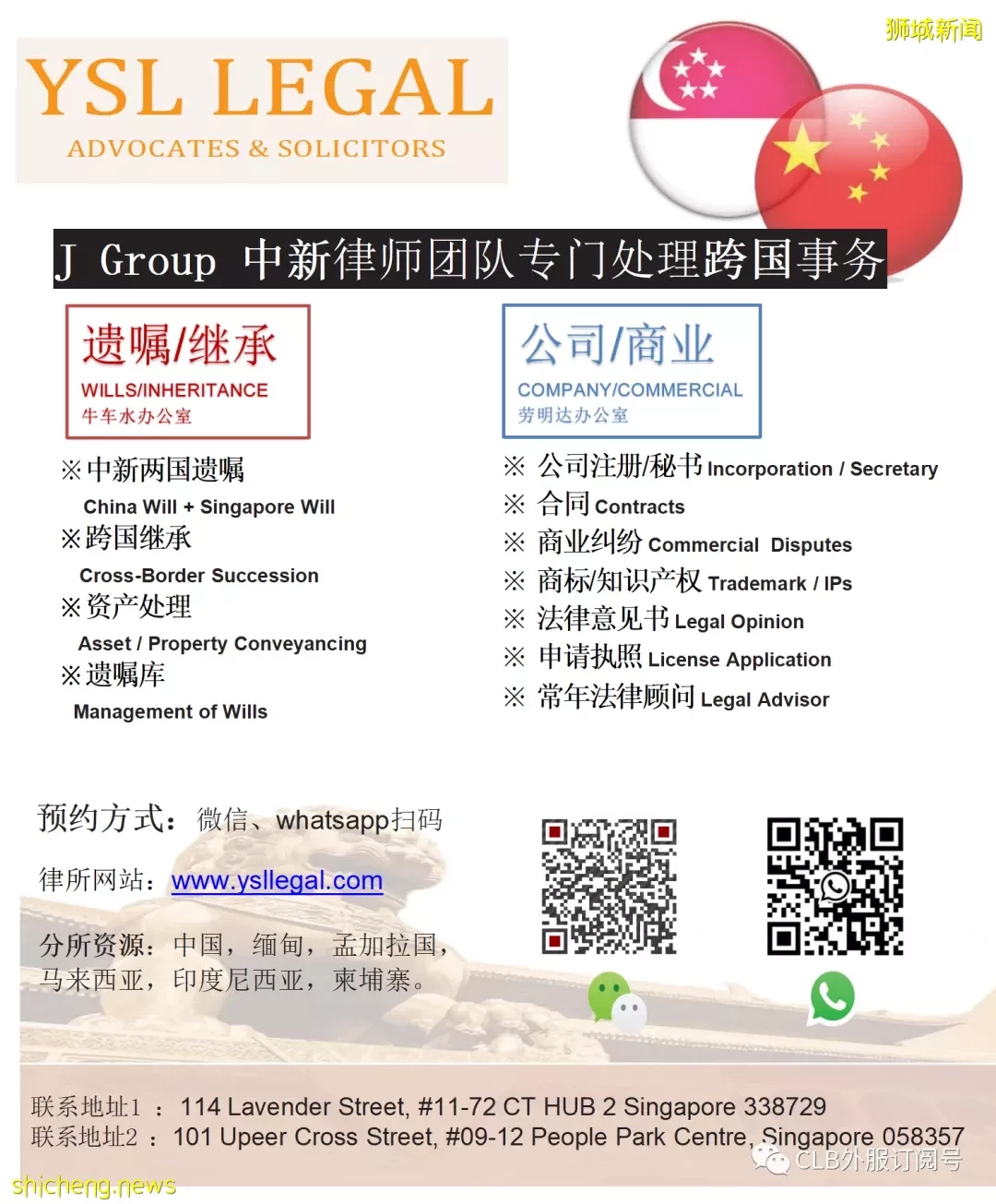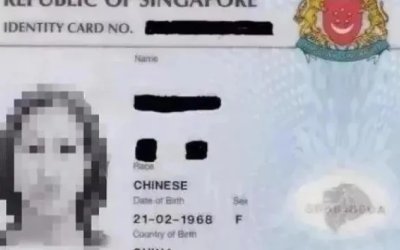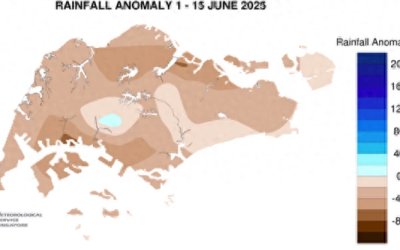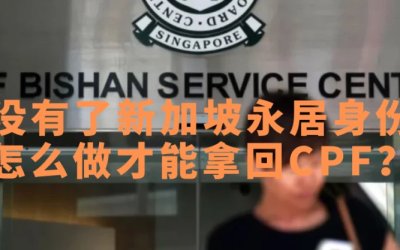
新加坡和中國律師辦案一個很大區別就是國內很多案件會選擇風險代理,即「不勝訴不收費」,而新加坡是不允許風險代理的。但是這個鐵律今年發生了改變。
根據新加坡律政部(MinLaw)的一份聲明,在新推出的附條件收費協議(簡稱「CFA」)機制下,律師及其客戶可以選擇簽訂「不勝訴不收費」、「不勝訴少收費」或「勝訴多收費」協議。
品誠梅森律師事務所與MPillay的新加坡合資律所 - Pinsent Masons MPillay的仲裁專家杜振漢指出:「這些變化增強了新加坡在解決國際商事爭端方面的吸引力。新加坡的律師現在可以提供一種新型的費用安排,以分擔訴訟的風險和回報。該舉措可以規避財政限制,這些限制可能會抑制客戶為提起合法訴求所作的努力。」
CFA機制將適用於新加坡的律師和律師事務所、指定的外國律師和外國律師事務所。在其他一些指定的法律程序中也允許採用CFA,包括國際和國內仲裁程序、新加坡國際商事法院(SICC)的一些程序,以及相關的訴訟和調解程序。
新加坡律政部已經頒布若干規則,以避免CFA被濫用情況的發生。
根據這些規則,在簽訂CFA之前,律師必須向客戶提供CFA的性質、適用情況和條款信息。在簽訂CFA之前,律師必須告知客戶其有權尋求獨立的法律意見,並且客戶仍然對法院或仲裁庭作出的任何費用命令負責。如果客戶勝訴,他們將無法從對方當事人處收回其律師費中的律師提升費用。
CFA還必須包括一些特定的條款。其中包括支付給律師的費用細節;任何適用的提升費用的細節;律師和客戶均適用的五天冷靜期,加上與任何費用變更有關的另外三天冷靜期;以及在冷靜期內對協議作出任何變更或終止需採用書面形式的要求。客戶無需支付冷靜期內產生的費用,但客戶明確指示或同意在冷靜期內提供服務的費用除外。
新加坡律師將繼續受到禁止過度收費的現有職業行為規則的約束。
新加坡律政部網站原文:
From 4 May 2022, lawyers in Singapore can enter into conditional fee agreements1 (「CFAs」) with clients in selected proceedings with the commencement of a new CFA framework. This provides an additional option, alongside traditional fee agreements provided for under the Legal Profession Act.
A CFA is a mutually agreed arrangement for the payment of fees, subject to the requirements specified in the framework. Under the new CFA framework, examples of CFAs that parties may enter into include 「win, more fee」2 , 「no win, no fee」, and 「no win, less fee」 agreements.
The new CFA framework will apply to Singapore lawyers and law practices, as well as certain registered foreign lawyers and foreign law practices. CFAs can be entered into for international and domestic arbitration proceedings, some proceedings in the Singapore International Commercial Court (「SICC」), and related court and mediation proceedings. The details can be found in the Legal Profession (Conditional Fee Agreement) Regulations (the 「CFA Regulations」).
The CFA framework is part of ongoing efforts to enhance our litigation funding landscape to better support the needs of businesses and lawyers. It also builds on reforms in the litigation funding space and enhances Singapore’s offerings as a dispute resolution hub.
The following safeguards are in place to mitigate the risk of any potential abuse of CFAs:
a. A lawyer is required to provide information on the CFA to the client before entering into a CFA. This includes:
i. The nature and operation of the CFA and its terms;
ii. The client’s right to seek independent legal advice before entering into the CFA;
iii. That the uplift fees are not recoverable; and
iv. That the client continues to be liable for any costs orders that may be made against client by the court or arbitral tribunal.
b. The CFA must include the following prescribed terms:
i. The particulars of the specified circumstances in which remuneration and costs or any part of them are payable to the lawyer under the CFA;
ii. The particulars of any uplift fee, if applicable;
iii. That lawyers and clients must comply with the cooling-off period of five days after a CFA is entered into, during which either party may terminate the agreement via a written notice;
iv. That any variation of the CFA must be in writing and expressly agreed to by all parties to the CFA. For variation related to costs issues, there is also a cooling-off period of three days after the CFA is varied, during which either party may terminate the variation agreement via a written notice; and
v. That on the termination of the CFA during the cooling-off period in 3b(iii) or 3b(iv), the client is not liable for any remuneration or costs incurred during the cooling-off period except those incurred for any service performed during the cooling-off period that was expressly instructed by or agreed to by the client.
Lawyers will continue to be subject to existing professional conduct rules against overcharging. This is clarified in accompanying amendments to the Legal Profession (Professional Conduct) Rules.
The Law Society of Singapore is preparing a Guidance Note on CFAs to guide law practices and practitioners through the new framework. This will be issued in due course.
MINISTRY OF LAW
29 APRIL 2022
1. CFAs are arrangements in which a lawyer receives payment of the whole or part of his or her legal fees only in specified circumstances; for example, where the claim is successful. They differ from contingency fee agreements, where the lawyer may share in an agreed percentage of the sum recovered by the client with no direct correlation to the work done. Contingency fee agreements continue to be prohibited in Singapore.↩
2. A key feature of the CFA framework is that uplift fees may be provided. An uplift fee refers to the fees payable to the lawyer in specified circumstances, that are higher than what would otherwise be payable if there were no CFA. Such uplift fees can be in the form of a gross sum or hourly rate, and are unrelated to the sum of damages awarded to the client.↩
























